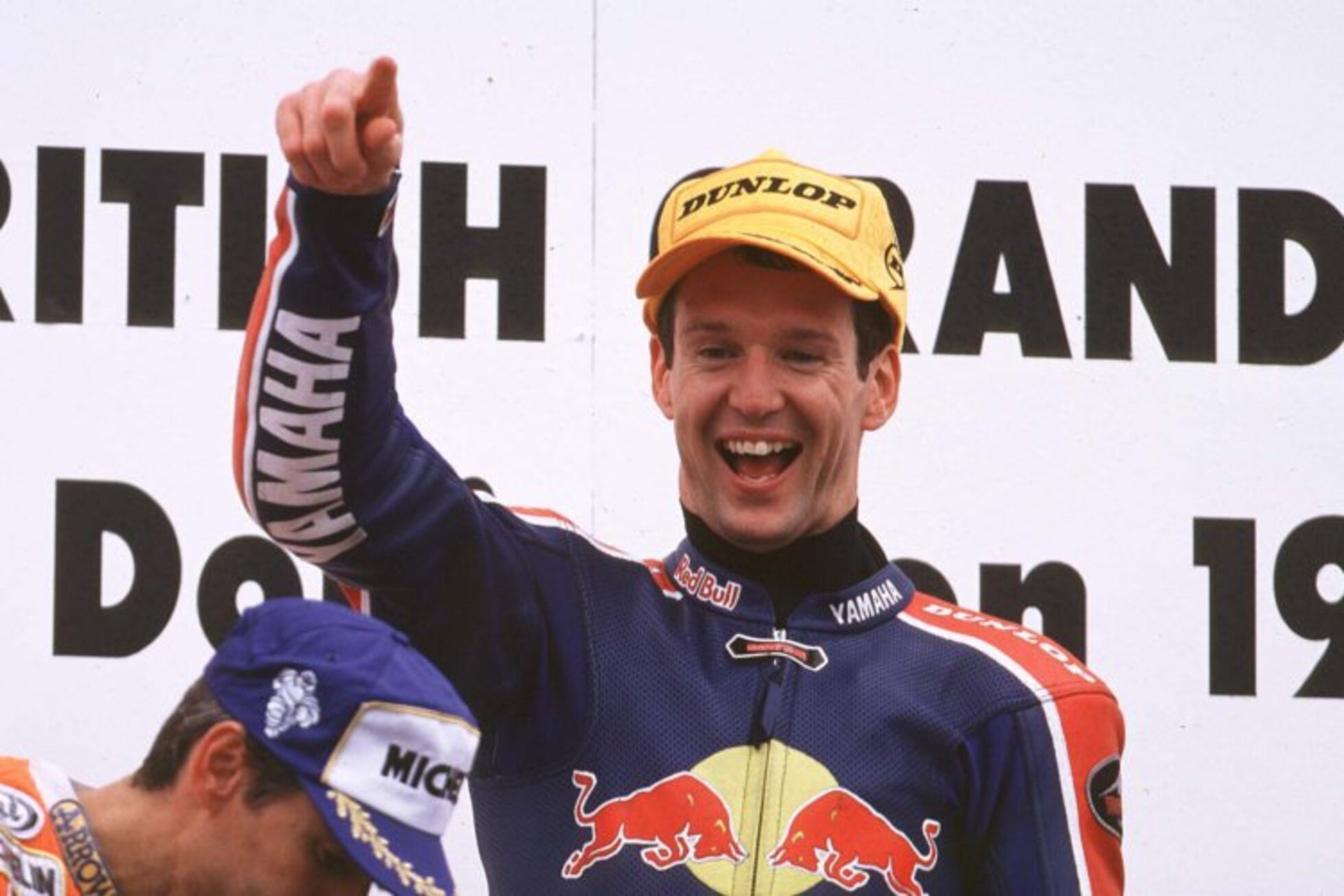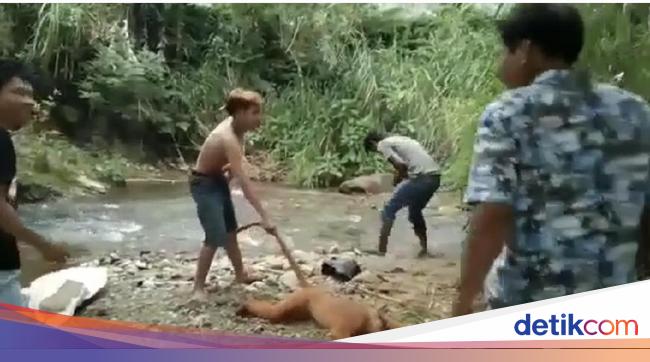One of the few internationally successful New Zealanders is Simon Crafar. The now 52-year-old won MotoGP, but not the Superbike World Championship. Nevertheless, the near-series championship was more pleasant for him.
From 1990 to 2000 Simon Crafar competed in the 500cc and Superbike World Championships. The 52-year-old even ventured into the 250 class. He told SPEEDWEEK.com his life story.
Simon, when I took a closer look at your career, I noticed that you switched between MotoGP and Superbike World Championships several times. Why was it that you didn’t stay on a series?
Like all drivers, I had to take advantage of the offers and opportunities that were offered to me. It wasn’t always easy. In the beginning, for example, I wanted to be promoted to the World Championship in 1993, after racing in the British Championship for a year in ’92 and having the pleasure of being able to compete in several races in the Superbike World Championship. Once I tasted blood there, I didn’t want to compete in national championships anymore.
I didn’t have a contract, then went to New Zealand until around May and finally got the offer to drive the private 500cc Harris Yamaha. In 1993 I drove four races in the 500 World Championship. The team only had two sets of tires available per race weekend. But I didn’t care as long as I could drive in the World Cup. I refused the money in the BSB in order to be able to start with the elite without a fee.
That year I drove four races in the 500cc class, and a ninth place was my best result. I drove the ten races in the 250cc category because the opportunity arose. My best race there was a tenth place.
In the end, I drove four more races in the Superbike World Championship, but didn’t get past sixth place. All in a year. Whatever was offered to me, I accepted. So I was able to secure a contract in the Superbike World Championship for the coming year. I finally wanted to compete in a world championship for a whole season.
In 1998 you clinched your only Grand Prix victory at Donington Park. Did it rain that day?
(He laughs). No, it was dry. I had already taken pole position in the dry. The weekend before I was third in the race. I built on it, so to speak.
Was Donington a special route for you?
I already knew the route from BSB times, and I drove there in the 500 and 250 classes. I was too big for the 250, but I gave it a try.
In the Superbike World Championship you got ten podiums but not a single win.
There have been a few races that looked good, but it was never meant to be. At Hockenheim, for example, I was second and on the way to taking the lead when the oil pump failed. I couldn’t even finish the race.
Carl Fogarty fell in front of me while running at Brands Hatch; I flew over his machine. I led the last two races in 1997 in Sentul by a margin. In the first run my front tire disintegrated into its components, and in my last race in the Superbike World Championship I wanted to give it my all again. Shortly before the end of the race, John Kocinski tried to overtake me. The result was that we both landed in the gravel – with two turns to go!
Fogarty won, he was four seconds behind us. After the race he gave me the trophy and said to me that he hadn’t won the race. That was cool, the nice side of him!
In the past, it was easier to distinguish the MotoGP from the Superbike World Championship than it is today. Which class did you prefer?
I can still remember my four years in the Superbike World Championship very clearly, I don’t have that many memories of the GP paddock. Sure, I was there, but we were just a small private team. Everyone knows everyone in the Superbike World Championship, we greet each other. It’s just friendlier.
I am convinced that enough people with a lot of passion for the sport work in both paddocks. Maybe you can compare it to my school: Superbikes are the little school where everyone knows each other, MotoGP is the university. It takes longer to get connected, but when you have friends, it’s fun there too.
Personally, I think both series are good. MotoGP is and will remain the elite of the sport. Everything is more professional, the security standard is higher, the payments and the material are better. The superbikes gave me a lot of opportunities to learn, grow and get better. I love both classes.
You ended your career in 2002. Because of the family or was there another reason?
Even then, my wife knew that racing was my top priority. He has to if you want to achieve something. However, in 1998 there was a turning point for me. I was finally where I always wanted to be, on a factory machine in the 500 World Championship! Unfortunately, we changed the tire brand at the beginning of the season. I just couldn’t get by. I spoke to my team and asked if we could switch back to the old make. One of my mechanics told me that it was easier to change drivers than to change the tire manufacturer. Something in me broke at that moment. In that moment a bit of passion vanished in me. I don’t look back negatively now either. On the contrary, I am grateful that I had this chance.
That was probably the moment you saw the real business behind it.
Yes, from then on I set my priorities differently. Sport was no longer the top priority. I think that was the beginning of the end.
You won the Red Bull Romaniacs Enduro Rally in 2007. How did that happen?
Yes, I won the expert class. Then I was asked if I wanted to ride in the pro category the following year. But I declined with thanks. I was a professional racing driver, and when things get serious again, the fun goes down. We then agreed for two years that I would take over the position of route manager and get paid for it.
While preparing for Romaniacs 2009 you had an accident with serious back injuries. How did you do after that?
I broke my 12th vertebra. In the operating room, eight screws and two metal plates were attached to five vertebrae to ensure maximum stability. I’ve seen myself in a wheelchair to be honest, but the doctors did a really good job. It took a long time before I could move my toes again. But here, too, I see a positive turn in my life. At the moment of the accident, I realized what is really the most important thing: my wife and my children. I think I’ve been a better husband and father since then.
– .


